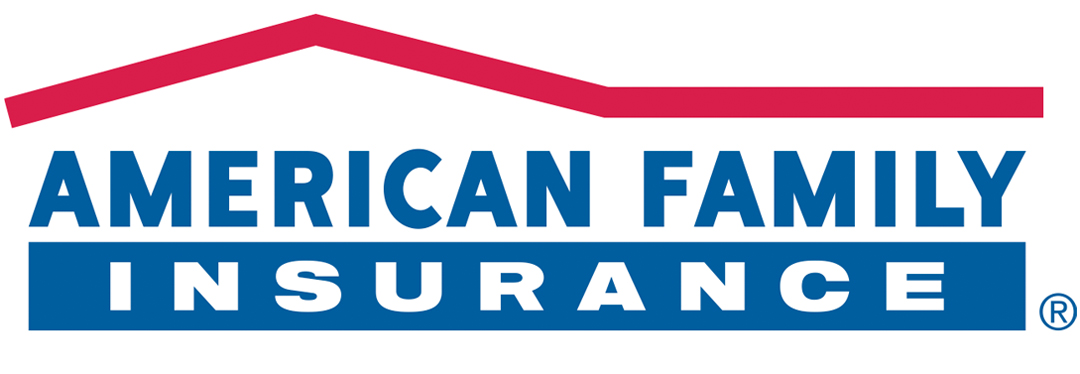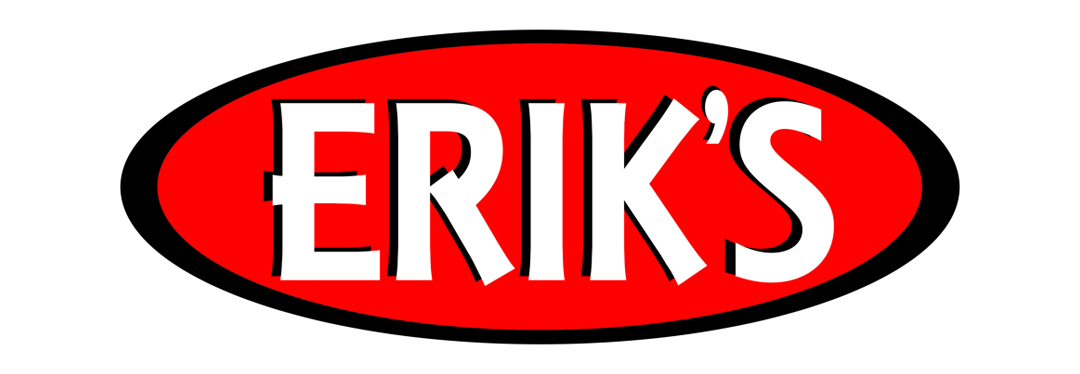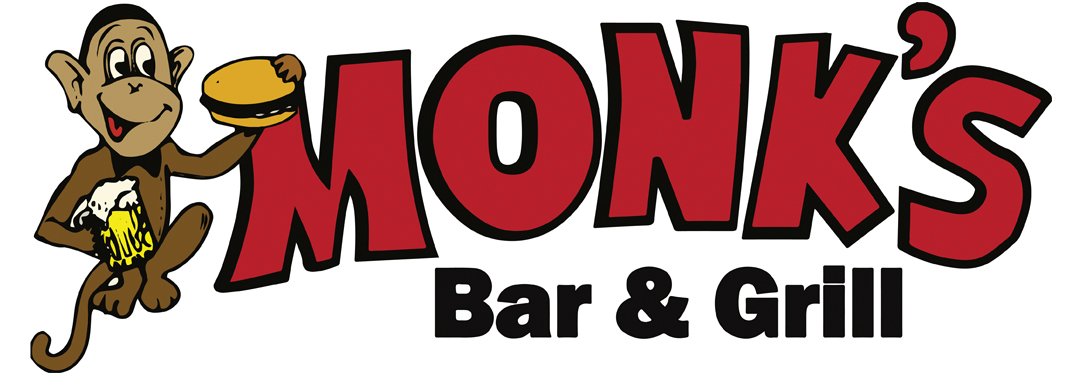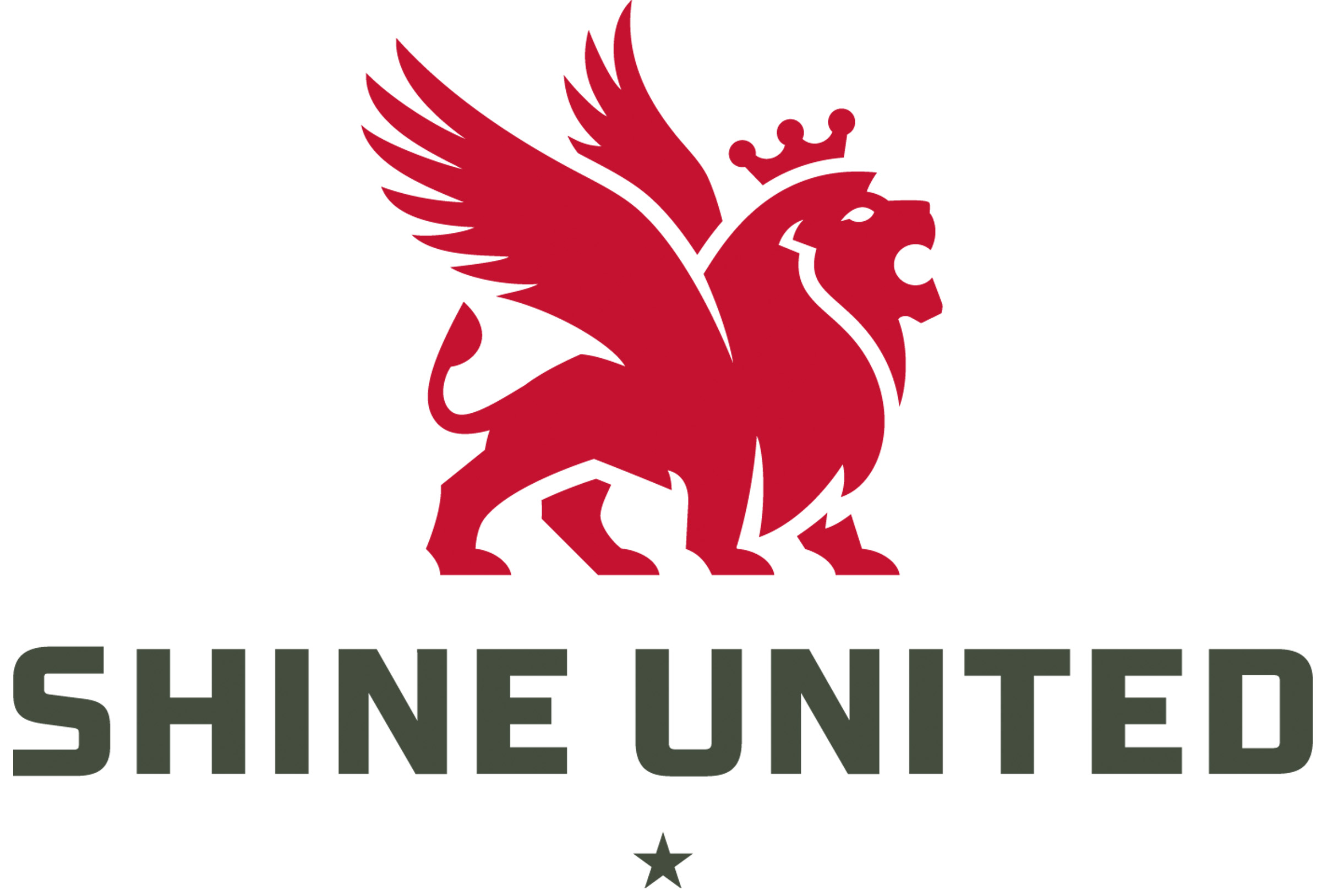Rare Cancer Doesn’t Ground National Guard Pilot
Rare Cancer Doesn’t Ground National Guard Pilot
July 26th, 2016 | Rob Kelly
Flying a fighter jet can subject a pilot to nine times the force of gravity, which can force blood from the brain to the lower parts of the body and cause unconsciousness. Fortunately, the anti-G straining maneuver, in which the pilot flexes his or her legs and torso can prevent this danger.
As a long-time F-16 pilot with the Wisconsin Air National Guard, Bart Van Roo has performed this technique countless times. In addition to keeping him safe in the air, it may have helped detect cancer in his bladder at an early stage. His doctors speculate that the pressure generated by this technique caused enough blood to flow from a small tumor in his bladder to be observed in his urine.
The tumor was small. A preliminary CT scan did not detect it, but a look directly inside the bladder did. It turned out to be signet ring cell cancer, a rare form of highly malignant adenocarcinoma.
Upon diagnosis, Van Roo turned to his friend, Deric Wheeler, PhD, an associate professor in the Department of Human Oncology at the University of Wisconsin School of Medicine and Public Health, for advice.
Wheeler helped guide Van Roo to specialists at several major academic centers, ultimately leading to surgery at the Mayo Clinic in Rochester, Minn., to remove the tumor and some lymph nodes.
“Fortunately, we were able to catch it early and had good advice to get it treated immediately,” Van Roo says. “The doctors are pretty confident it hasn’t spread.”
Because of early detection and helpful guidance from Wheeler, he did not need chemotherapy or radiation treatments and was able to start flying again in August 2015, just seven months after surgery. And in June, Van Roo, who lives with his wife and two children in Waunakee, will begin his new position as fighter squadron commander in Madison, a post his father once held.
“I feel really lucky to have no real limitations,” Van Roo says. Last summer, he completed a 10-mile run last summer, just eight months after diagnosis, and in September, he will accompany Wheeler on the 100-mile route of The Ride to support the Department of Human Oncology and the Carbone Comprehensive Cancer Center at the University of Wisconsin School of Medicine and Public Health.
“I’m glad to be involved in The Ride,” Van Roo says. “The people at the Carbone Comprehensive Cancer Center and Deric, in particular, helped me navigate my cancer diagnosis and treatment. I’m very thankful, and I’m happy to support my friend’s important work and engage in an activity I enjoy.”




















